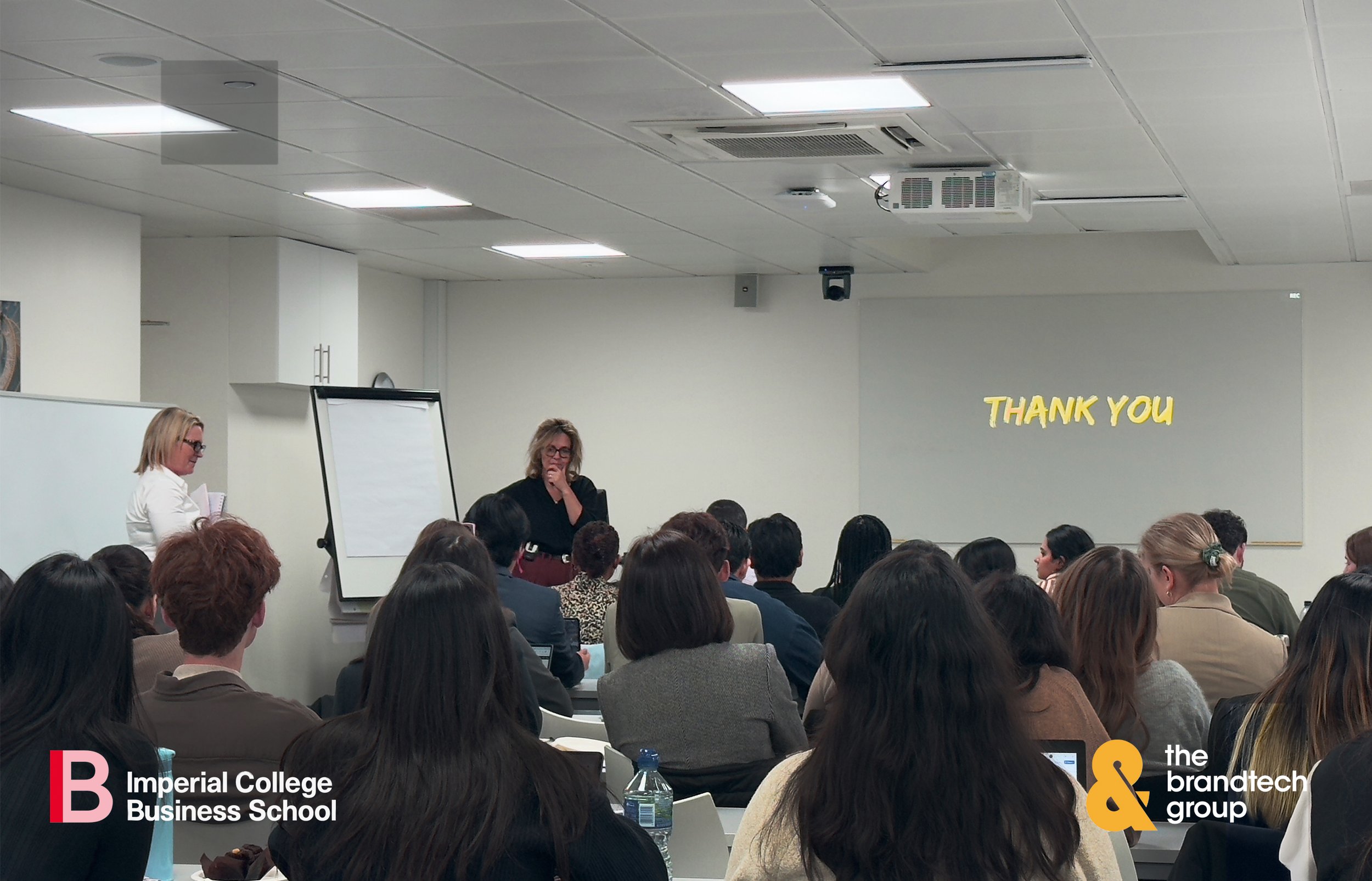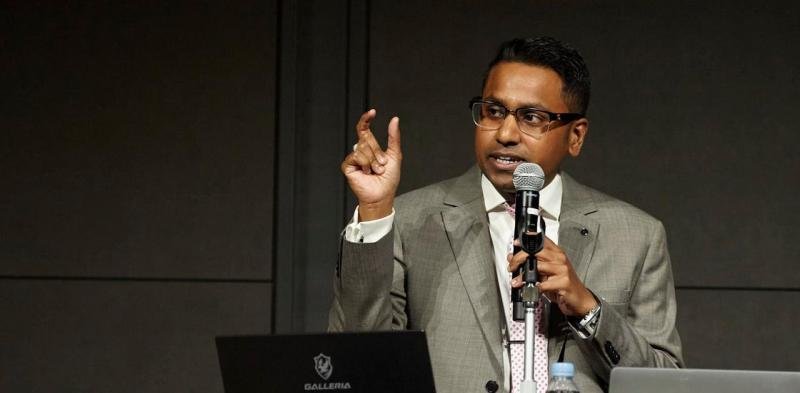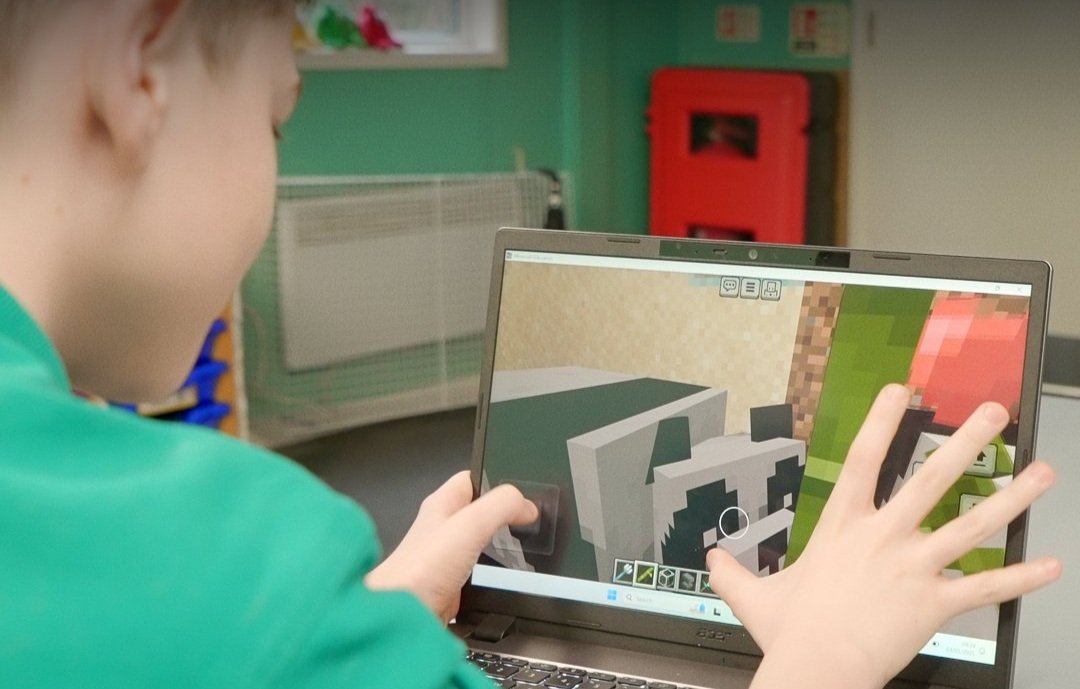UK Quantum Hackathon highlights innovative use of IonQ and Classiq technologies in real-world applications
In a notable demonstration of quantum computing's potential, the National Quantum Computing Centre (NQCC) recently held its annual UK Quantum Hackathon, where participants utilised advanced technologies from IonQ and Classiq to develop innovative solutions in sectors such as healthcare, energy, and engineering.
The event, which drew a mix of students and researchers, highlighted the growing role of quantum computing in tackling real-world problems.
For the second consecutive year, IonQ's quantum processing units (QPUs) and Classiq's quantum software played a central role in the competition. The winning teams, all of whom used IonQ’s quantum computers, demonstrated various applications that could significantly impact various industries. The projects focused on risk aggregation in finance, insurance loss evaluations, network design, and even National Health Service (NHS) forecasting.
Peter Chapman, President and CEO of IonQ, expressed his enthusiasm for the event, stating:
“We’re delighted that IonQ’s quantum computers were used by the best and brightest quantum computing talent in the UK. It’s inspiring to be part of an incredible event that fosters the next generation of quantum leaders. The fact that the first place winning team – and, in fact, all three winners – used IonQ for their projects is humbling and an incredible honour.”
The hackathon's format allowed teams to leverage Classiq's software, simplifying the complex process of quantum circuit design. By enabling users to define circuit parameters that the software optimises, Classiq's platform was instrumental in helping participants develop their winning projects.
Nir Minerbi, CEO and co-founder of Classiq, noted the significance of the collaboration, saying:
“It is impressive to see the projects submitted by these talented students and researchers. We’re proud that Classiq’s software and our integration with IonQ has enabled them to achieve these winning results. The NQCC has delivered yet another world-class hackathon, and we believe it is a wonderful contribution to inspiring and developing future quantum talent.”
The competition was part of NQCC's SparQ user engagement programme, which aims to bridge the gap between academic research and industrial application. Over three days, 13 teams of more than 70 participants collaborated with industry mentors to tackle various practical challenges using quantum computing.
The success of the hackathon projects also points to a promising future for quantum computing applications. As quantum technology matures, the solutions developed today could become the foundation for more efficient and effective tools in the finance and healthcare sectors.
Dr Michael Cuthbert, Director of the NQCC, emphasised the hackathon's role in advancing quantum computing from theoretical exploration to practical implementation:
"One of the objectives of our annual UK Quantum Hackathon is to drive the advancement of practical use cases, facilitating the migration of quantum computing from academia to industry,” he said.
Dr Cuthbert also acknowledged IonQ’s ongoing support, noting, "IonQ has been a quantum processing unit (QPU) provider that has powered Hackathon winners for the past two years. We congratulate all who have been involved in this successful event.”





















